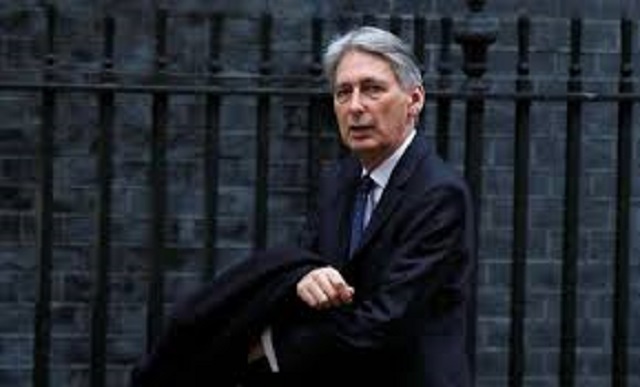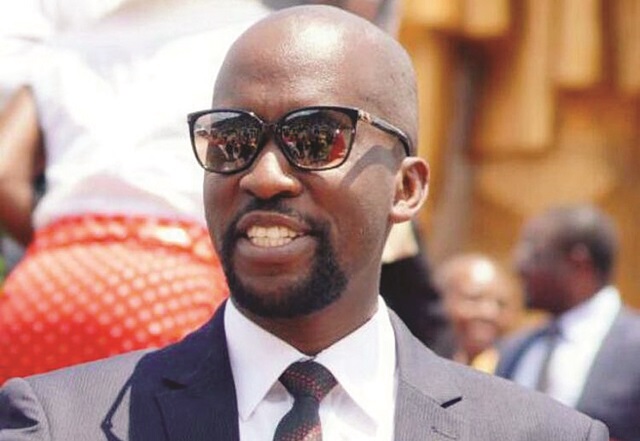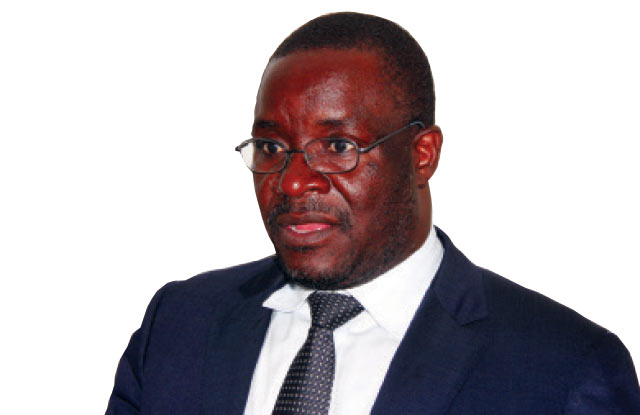UK treasury chief accuses EU of Brexit paranoia

Berlin — Britain’s treasury chief has accused the European Union of “paranoia” over Brexit.
Philip Hammond says the EU should stop threatening to punish Britain for its decision to leave the bloc and instead offer a positive vision for what a post-Brexit relationship might look like.
British officials are trying to put the onus on Brussels in the divorce negotiations and downplay the idea that quitting the EU might end up harming Britain.
Hammond told German weekly Welt am Sonntag in an interview published on Saturday that those hoping London might do a U-turn on Brexit should “stop harking on about this illusion”.
Hammond also was quoted as saying that a future free trade deal between Britain and the EU has to include services, which make up 80% of the UK economy.
Meanwhile, German Chancellor Angela Merkel is considering joining French President Emmanuel Macron at the World Economic Forum in Davos next week in what could turn into an epic clash of competing world views with U.S. President Donald Trump.
Merkel, who has been struggling to put together a government since a German election in September, had been expected to skip the annual gathering of leaders, CEOs, bankers and celebrities in the Swiss Alps for a third straight year.
But after clinching a preliminary coalition agreement with the centre-left Social Democrats (SPD) on Friday, German officials said Merkel could travel to Davos after all, possibly setting up a major confrontation with Trump, who is expected to speak on the final day of the forum.
An appearance would signal Merkel’s return to the world stage after months of political limbo in which she has avoided the limelight and been dismissed by some in the German and international media as a spent force.
It would also allow her and Macron, who is scheduled to speak at the forum on January 24, two days before Trump, to reaffirm their commitment to reforming the European Union after Britain’s decision to leave, and to defend liberal democratic values in the face of Trump’s “America First” policies.
Merkel’s spokesman Steffen Seibert was coy last week when asked whether she might attend the WEF, which will run from Jan. 23-26 under the banner “Creating a Shared Future in a Fractured World” and will attract some 60 heads of state and government.—AFP.
But after clinching a preliminary deal with the SPD, the chances that she could attend appear to have risen. German officials said no final decision had been taken and that Merkel may wait for the outcome of an SPD congress in Bonn next Sunday – where the party will formally decide whether to enter coalition talks with her conservatives – before committing.
Officials at the WEF said they believed Merkel was still considering whether to attend. If she does, it is unlikely that she or Macron would overlap with Trump, who is expected to arrive on the afternoon of Jan. 25.
This year’s forum will be opened by Indian Prime Minister Narendra Modi on Jan. 23. Britain’s Theresa May, Canada’s Justin Trudeau and Israel’s Benjamin Netanyahu are also expected, as well as celebrities such as actress Cate Blanchett and musician Elton John.
Last year’s gathering took place in the week leading up to Trump’s inauguration and was headlined by Chinese President Xi Jinping, who signalled his readiness to fill the vacuum in global leadership created by America’s shift inward.
Since then, Trump has pulled the United States out of the Trans-Pacific Partnership, a free trade deal with Asian countries, announced a withdrawal from the Paris climate accord and threatened to torpedo an agreement between Western powers and Iran aimed at curbing its nuclear programme.
He has stirred fears of conflict with North Korea by engaging in an escalating war of words with its leader Kim Jong Un. Last week, he stirred international outrage by referring to Haiti and African nations as “shithole countries”— AFP.











Comments